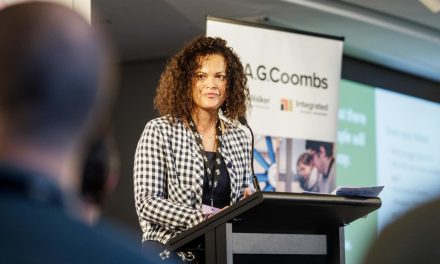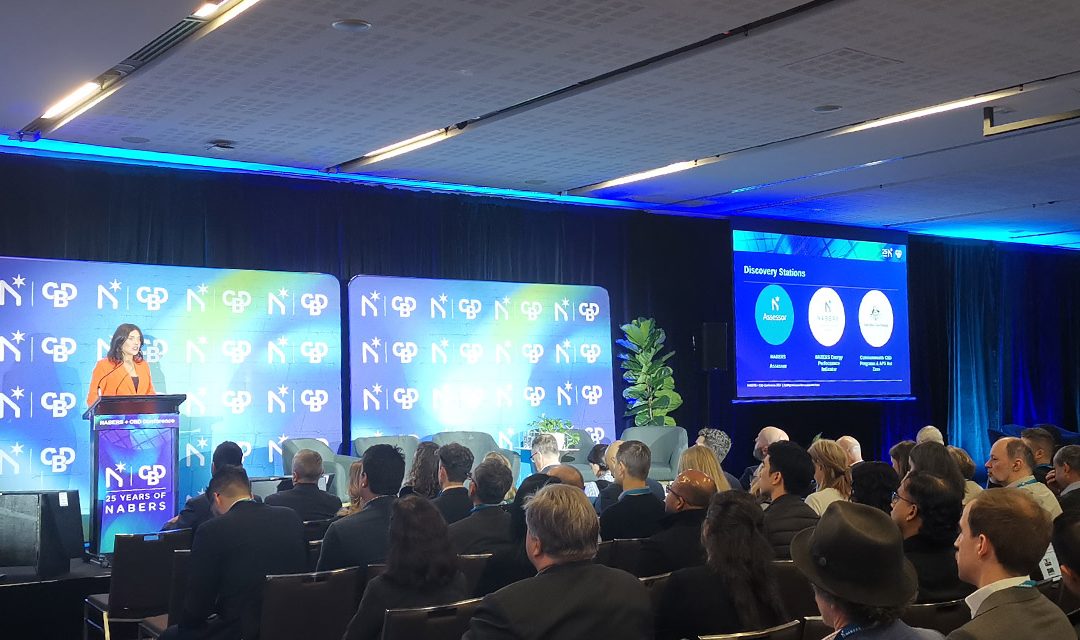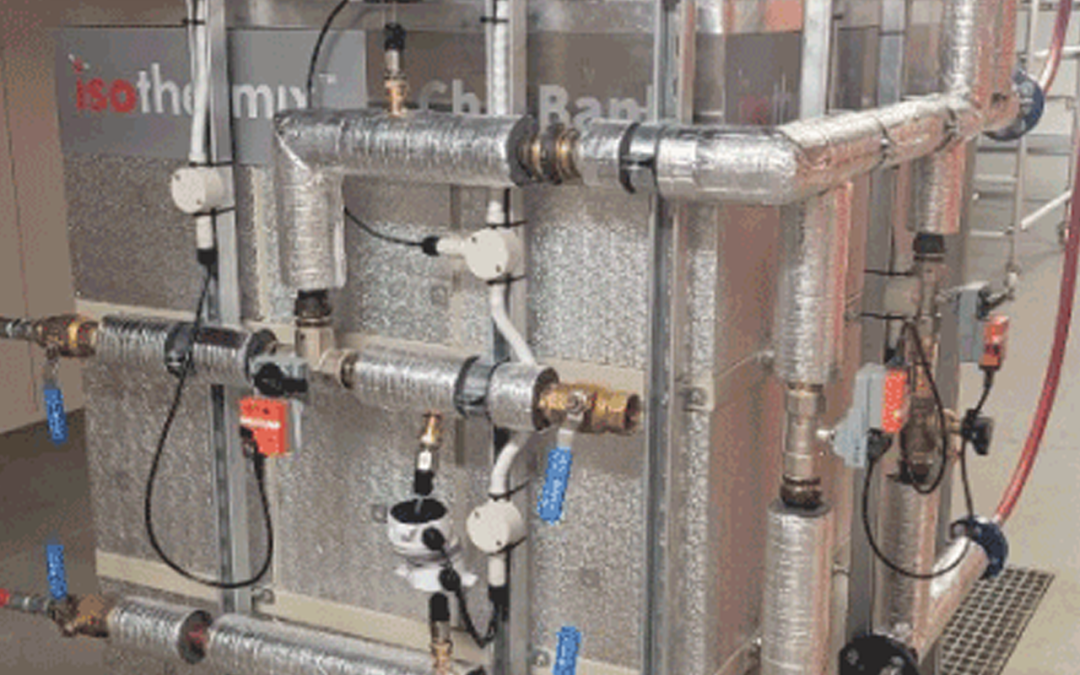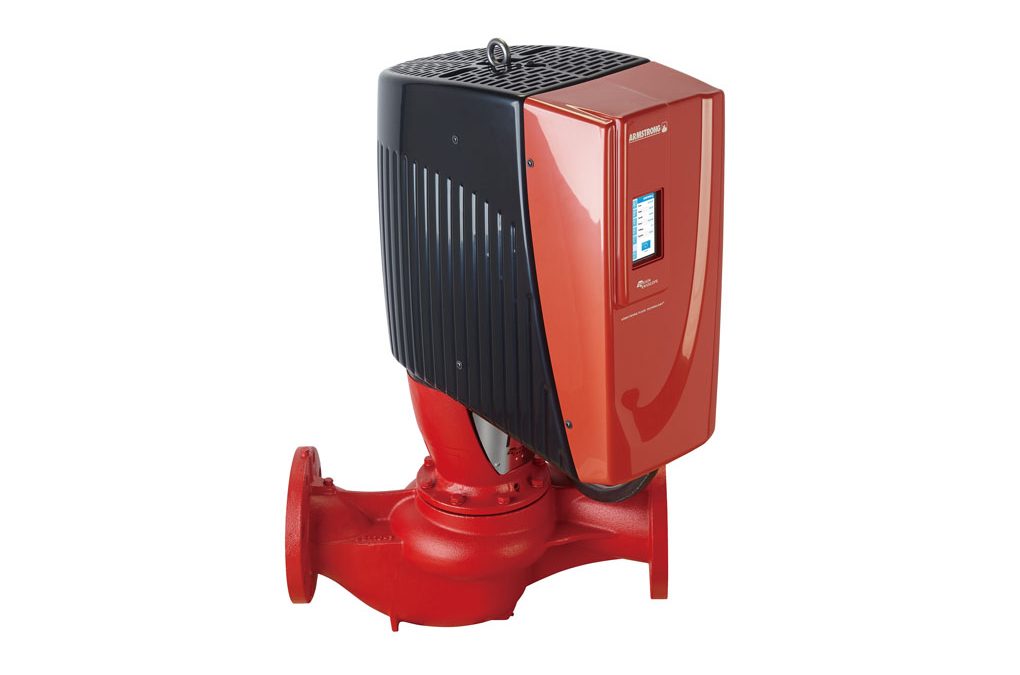Navigating stormy waters
As we face the unknown financial road ahead, it’s useful to people reflect on the most recent major economic downturn, the Global Financial Crisis (GFC) of more than a decade ago. Officially spanning form late 2007 to mid-2009, it took several more years for employment and the economy to stabilise to previous levels. It is important for us to look at the business successes and failures from this challenging time, and to learn from them.
Diversify your customer base
If a company has only one or two segments of customers, regardless of how successful it may be at the time, that can be a risky venture. It is best to have diversified income streams and establish multiple industries and types of customers that can be serviced. That way, the business will continue to exist if any of them fall away.
Strengthen your operating systems
One of the key factors for businesses that survive a downturn is the presence of a strong operating system. It is not just about the system itself, but also having people with a good knowledge of the system who can effectively implement it. These are individuals who understand how the numbers work and how to run the business in an efficient way.
Cash is king
It is fine to use debt to get into a business, and this can certainly be a frequent practice. However, it is important to preserve cash and reduce debt as soon as possible. Too much leverage in an economic downturn is a problem. Just think of Virgin Airlines.
When a business owner makes money, one of the things they will want to do is to reduce their debt load as quickly and effectively as possible.
Always be prepared
Business owners should be prepared for what is coming next, even if they do not know what that will be. To a certain extent, they need to be worried about it, so they do not become overly comfortable where they are. Like a good chess player, they should anticipate a move a step or two ahead of time. It is important to have a contingency plan and be flexible in how to respond.
Remember that change is inevitable and that we must learn to accept it, adapt to it and embrace it.
“Remember that change is inevitable and that we must learn to accept it, adapt to it and embrace it.”
Seize the opportunity
During tough times, some people panic and think the sky is falling. Others look at the situation as one of opportunity. They see a time of less competition and a greater chance to consolidate ownership in a marketplace. There are new advantages, such as cheaper real estate. Larger, stronger organisations will buy out the weaker ones, and position themselves for greater success in the future.
Warren Buffett said, “Someone is sitting in the shade today because someone planted a tree a long time ago.” This is the time where savvy people start planting trees.
Lead the way
Being a leader involves making continuous choices, so it can be difficult to determine the right route, especially if it feels like all eyes are pointed in your direction. The first step is having all the information necessary to make a decision. Then, it is all about strategy and data.
Be prepared with a sound strategy and solid data so that any decision-making is rooted in concrete facts and a plan. Although there’s always room for gut instinct, concrete data and a plan to follow will always be easier to make a case for.
Winston Churchill once said, “Never let a good crisis go to waste.” What the wartime British Prime Minster was trying to convey is that dramatic change inevitably uncovers fresh insight, and points to opportunities for growth.
Crises, setbacks, downturns, bad luck and slowdowns are inevitable. They have happened before and will again, despite our best efforts. Yet if we learn from the past, we won’t be condemned to repeat it.
Tony Gleeson, M.AIRAH
ceo@airah.org.au












